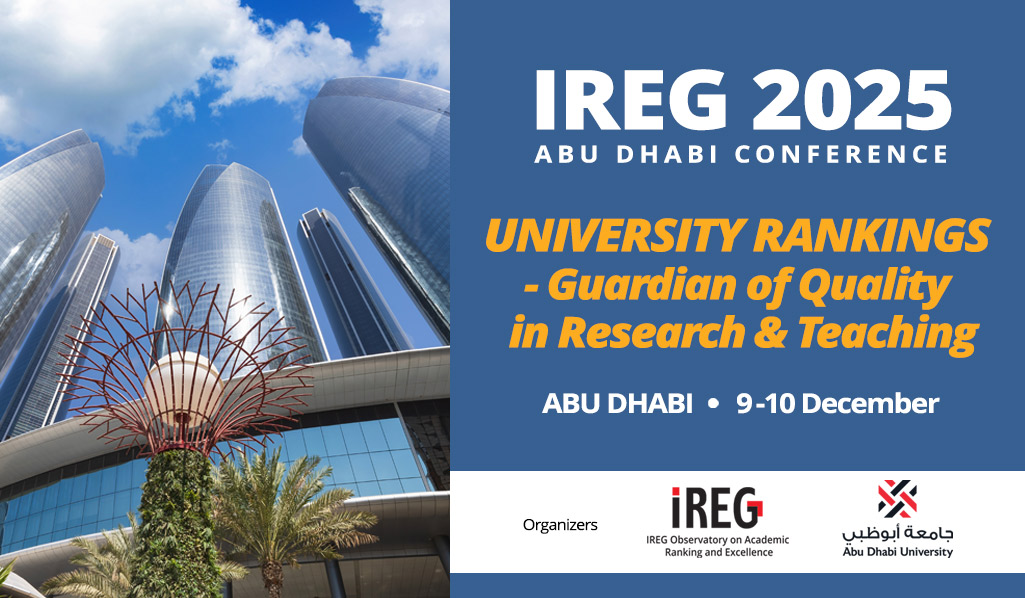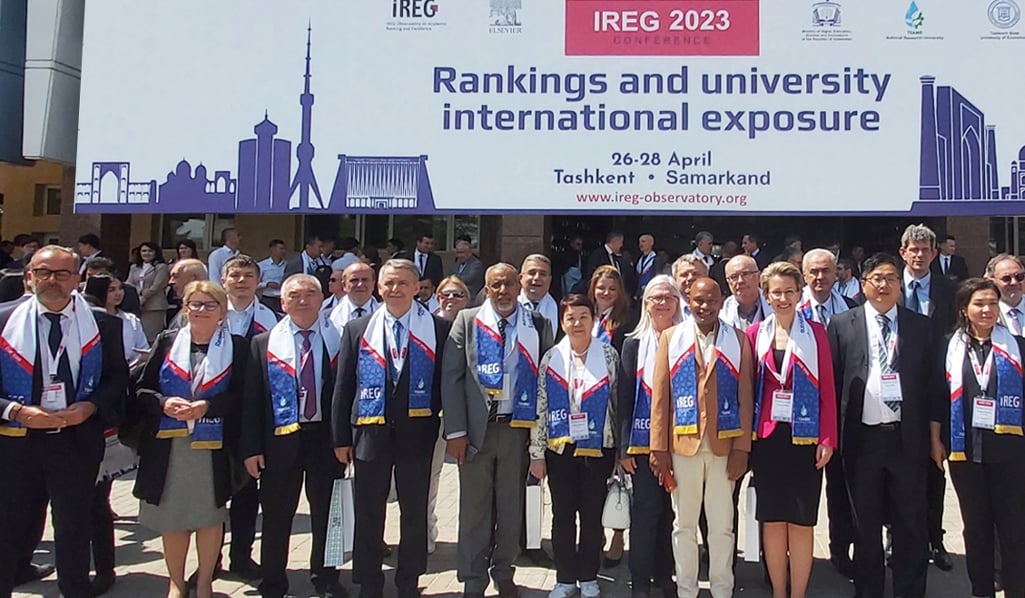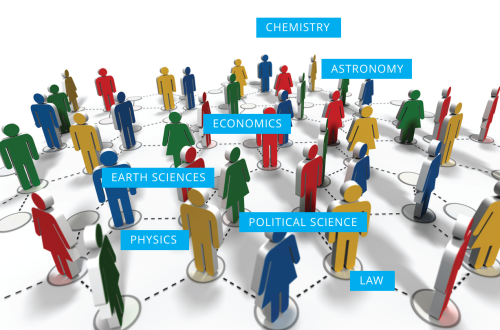IREG Ranking News
MEETING VENUE
Venue: Grand Hotel Bucharest, Romania
Address: 4 Bulevardul Nicolae Bălcescu, Bucharest, Romania
Metro station: University Square (Universitate)
Distance to Otopeni Airport (OTP): approx 17 km
CURRENCY
Currency: RON = Leu (plural “Lei”) (pronunciation: lay).
The official exchange rate is around: 1 EUR= 4.97 LEI. This rate varies slightly on a daily basis.
There are several exchanges at the Henri Coanda Airport, but the Exchange rates are better in the city.
ATMs
There are several ATMs in the Arrivals Terminal, Public area, first floor. You can take out lei from almost any Credit and Debit Cards. All ATMs offer similar exchange rates and can be used with confidence.
The banks that have an ATM installed in the Arrivals terminal:
- Raiffeisen
- BRD-GSG
- UniCredit
Payment by card is available for all services in Bucharest.
AIRPORT & TRAVEL
International flights land at Henri Coanda International Airport, located in Otopeni, 17 km north of the city center. Henri Coanda (Otopeni) Airport is serviced by train, buses and taxis. The easiest and direct option to get to the city center is by train, bus or taxi.
The train offers daily service from the airport to Bucharest North Railway Station, from where the metro is available. The train station is in front of International Arrivals. The dedicated train line runs non-stop, every 40 minutes. The journey usually takes about 20-25 minutes. The cost for one trip is 4 lei without a reserved seat or 5 lei (1 euro) with a seat reservation. Tickets can be bought directly on the train (cash in lei or by card), from the ticket machine in the Airport station (at the entrance to the station from the airport, to the right of the ticket offices) or online, here. The easiest way is to pay by card directly in the train.
Express Bus 100 offers daily service to the city center with main stops at Baneasa Airport, Piata Presei Libere, Piata Victoriei, Piata Romana, Piata Universitatii (University Square – near the meeting venue)/Piata 21 Decembrie and Piata Unirii. The bus leaves from the international Departures terminal, as well as the Arrivals terminal, every 15 minutes during the day and 30 minutes at night. The exact schedule can be found here. The journey usually takes about 45-50 minutes. During the rush hour, the trip could easily take more than an hour. The cost for one trip is 3 lei (0.6 euros). You can pay by card (contactless) directly in the bus.
On-demand taxi services are available at Bucharest Henri Coanda International Airport. You may order a taxi car by using the touch screen devices in the public area of the International Arrivals Terminal. The passengers get on the taxi-cabs right outside the terminal, on the first floor, by showing the ticket issued by the automatic touch screen. The charges vary between 2.5 and 3.5 lei/km.
Uber and Bolt are also available and can be ordered through the app. The pick-up point is outside the International Arrivals Terminal, in the parking on the first floor (right side).
Metro is available for traveling within Bucharest. The cost of one trip is 3 lei (0.6euro), two trips 6 lei (1.20 euro) and 10 trips 25 lei (5 euro). Click here to see the Metro map.
Additional information is also vailable on Metrorex official website.
VISAS
In order to check if you need a visa, please check the Ministry of Foreign Affairs official website, here. To streamline the process, applications for a visa can be submitted directly via the dedicated eVisa electronic portal.
Starting with March 2024, Romania is part of air and sea Schengen. You cand read more on the specific provisions this entails here.
OTHER RELEVANT INFORMATION
Temperature: Normally 0 to 15 degrees °C (November). Please make sure you check the weather before you arrive in Bucharest.
Time zone: GMT + 2 hours
Electricity: 220V, 50Hz Standard continental European dual round-pronged plugs.
Emergency number: 112
Romania country telephone code: +40
Bucharest telephone code: 021
VENUE and HOTELS
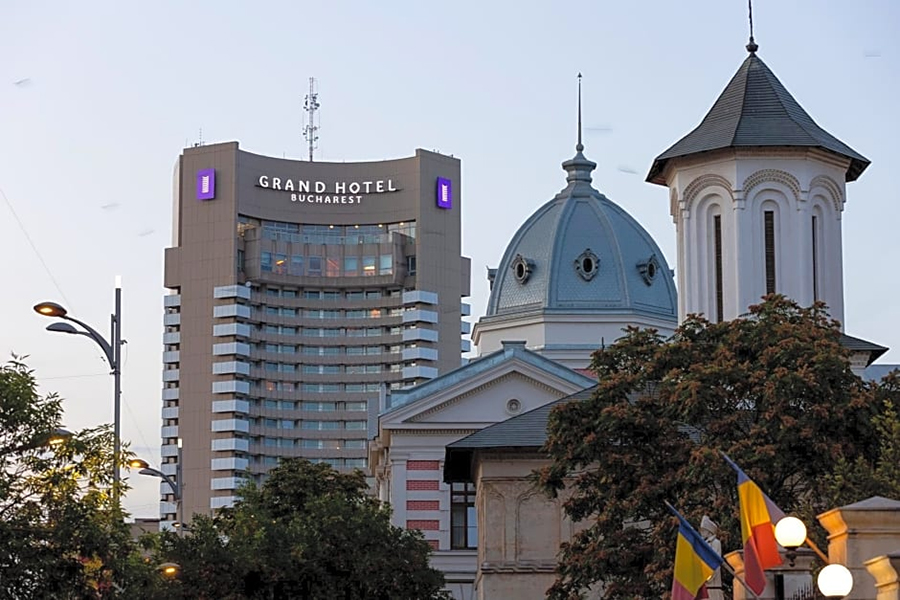
Grand Hotel Bucharest
No. 4, Nicolae Balcescu, Bucharest,
010051, Romania
Phone: +40 21 310 2020
E-mail:
Website
OTHER HOTELS
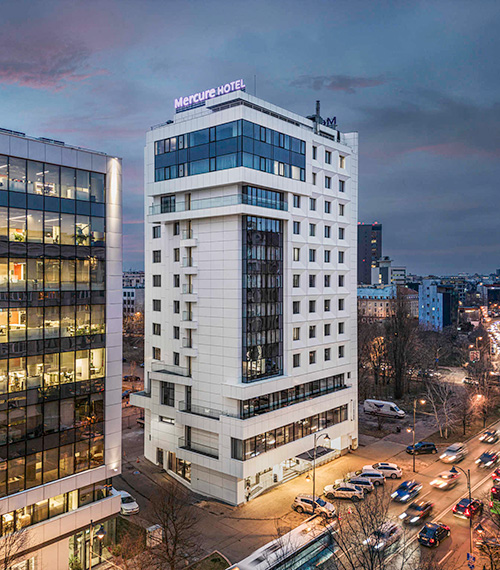
Mercure Bucharest Unirii****
28th Mircea Voda Boulevard
30167 Bucharest, Romania
Phone: +40 21 528 1100
E-mail: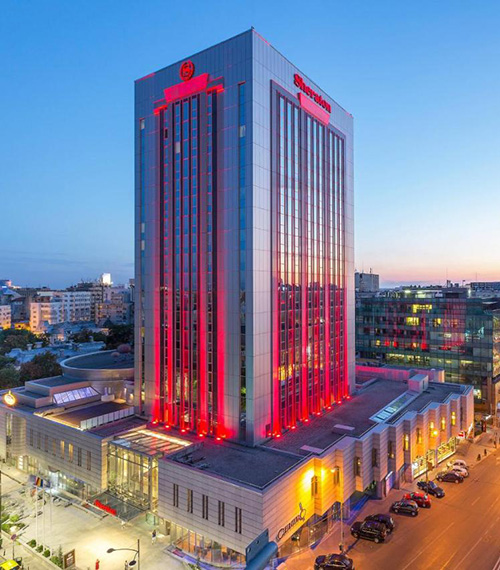
Sheraton Bucharest Hotel****
Calea Dorobantilor 5-7
010551 Bucharest, Romania
Phone: +40 21 201 5000
E-mail:Organizers
IREG Observatory on Academic Ranking and Exellence
and
SNSPA National University of Political Studies and Public Administration
Program Committee
- Waldemar Siwinski, President, IREG Observatory
- Remus Pricopie, Rector, SNSPA University
- Gero Federkeil, Vice President, IREG Observatory
- Mihai Paunescu, Vice Rector, SNSPA University
Organizing Committee
- Ecaterina Alexoaie, General Director, SNSPA University
- Albert Craiu, Deputy General Director, SNSPA University
- Kazimierz Bilanow, Managing Director, IREG Observatory
Host University
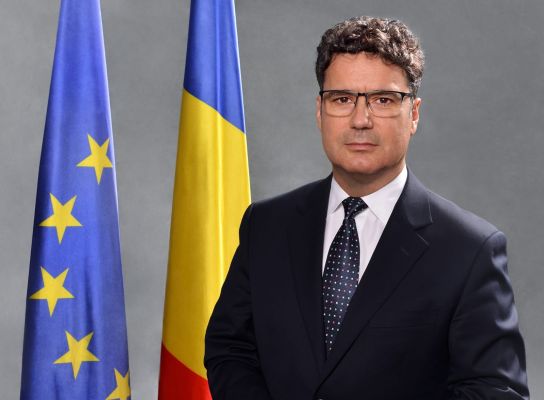
Remus Pricopie
Rector of SNSPA National University of Political Studies and Public Administration (Romania)
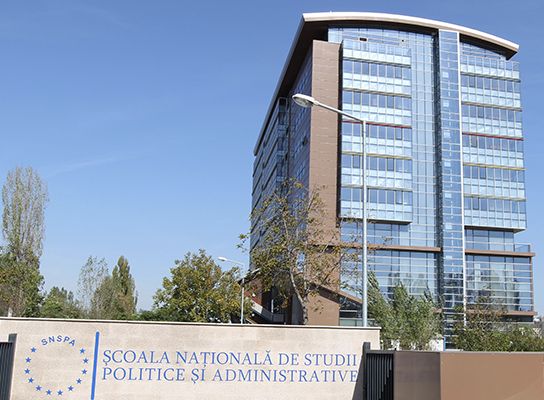
Sponsor
![]()
IREG 2024 Conference
Artificial Intelligence (AI) altering HE and Rankings
PROGRAM
(as of 27.09.2024)
Venue: Grand Hotel, Bucharest, Romania
6 November 2024 (Wednesday)
All day – Arrival of delegates and registration
15.00 – 17.00 IREG ExCom (by invitation)
19.30 – 21.00 Welcome reception
7 November (Thursday)
9.00 – 9.30 OPENING Session
- Waldemar Siwinski, President, IREG Observatory, Poland
- Ligia Deca, Minister of Education of Romania
- Remus Pricopie, Rector of SNSPA University, Romania
9.30 – 10.00 ACADEMIC KEYNOTE ADDRESS
How Artificial Intelligence is changing the world?
Introduction: Waldemar Siwiński, President, IREG Observatory
Speaker:
Piotr Sankowski Professor at the Institute of Informatics, University of Warsaw; Leader of a research group on Intelligent algorithms and data structures; fmr. Head of IDEAS NCBR Center for Artificial Intelligence and Digital Economy; Winner of four European Research Council (ERC) grants
10.00 – 11.30 FIRST SESSION
Artificial Intelligence influence on Higher Education
Chair of the session: Remus Pricopie, Rector of SNSPA University (Romania)
Speakers:
- Prof. Josep M. Garrell, Professor, President of European University Association (EUA)
- Ghassan Aouad, Chancellor, Abu Dhabi University (United Arab Emirates)
- Barbara Domaradzka, Managing Director of EUonAIR european university consortium, Kozminski University (Poland)
11.30 – 12.00 Coffee break
12.00 – 12.30 SPECIAL PRESENTATION
Impact of Artificial Intelligence on science and research
- M’hmed Aisati, Vice President of Elsevier (Netherlands)
12.30 – 13.30 SECOND SESSION
Can AI improve your University Ranking?: Navigating the AI Revolution in Higher Education
Universities can leverage AI to improve rankings and generate revenue, but they must navigate significant challenges. The benefits could include enhanced rankings and increased revenue. However, the road to successful AI implementation is fraught with obstacles, such as ethical concerns and costly infrastructure.
Expert panelists will weigh in on an interactive discussion, addressing themes like:
How can universities balance AI’s potential to enhance rankings and generate revenue against the ethical and practical concerns it presents?
What are the key strategies for making significant AI investments financially sustainable for higher educational institutions?
How can universities safeguard human critical thinking and ethical standards while integrating AI technologies?
The audience is encouraged to actively participate in the discussion, sparking conversations about acute AI-related issues with the aim to create a community that facilitates ongoing knowledge exchange in the field.
Speakers:
- Marat Fatkhullin, Vice President, Elsevier
- Alex Usher, President, Higher Education Strategy Associates, Canada:
- Vladimir Danailov, member of the Parliament in Bulgaria, former Regional Director, Elsevier
- Isidro Aguillo, Director of Webometrics, Head of Cybermetric Lab – Scimago Group, IPP-CSIC (Spain)
13.30 – 14.30 Lunch
14.30 – 15.40 THIRD SESSION
Rankings and data
The quality of every ranking depends on the quality of the underpinning data. Finding reliable and comparable data globally has proven very difficult or even practically impossible due to differences in the systems of higher education and data collection. On the other hand, there is ever growing volume of available data on the regional level. The European Union is a good example. The ongoing process of unification through programs such as Horizon, Erasmus or European universities and other initiatives will provide a growing pool of reliable data. During the session, actions taken in the Europe in this area will be presented and emerging problems be discussed.
Chair: Birte Hornemann, Chief Data Strategies, Aalborg University’s office of Quality Assurance and Ranking (Denmark)
Invited speakers:
- Martijn Visser, Center for Science and Technology Studies (CWTS), University of Leiden, Netherlands: – Open Data and Rankings
- Frans Kaiser, Center for Higher Education Policy Studies (CHEPS), University of Twente, Netherlands: – The European Higher Education Sector Observatory: Integration of major European HE data into new tools
- Ming Cheng, Faculty of Education, Sheffield Hallam University, UK: – Indicators on Employability and Employment: – The Holy Grail of Rankings?
15.40 – 16.00 Coffee break
16.00 – 17.20 FOURTH SESSION
Where Rankings are heading?
During the session, experts will present the state of the rankings in the world – global, regional and national – and present their forecasts for the development of the rankings.
Chair: Gyorgy Fabri, Professor, ELTE University (Hungary)
Speakers:
- Richard Holmes, Higher Education Consultant, Leicester (UK): – Global rankings – critique and development
- Justyna Kopanska, Leader, Accreditation and Rankings, Lodz University of Technology (Poland): – National rankings – needed more than ever
- Mukhambetkali Burkitbayev, Professor, Al Farabi University, Kazakhstan: – Regional rankings: What Rankings Does Central Asia Need?
- Milosz Rojek: Analytical Team Leader, Perspektywy Education Foundation (Poland): – Regional rankings: Experiences from implementing the European Ranking of Engineering Programs EngiRank
17:20 End of the plenary programme
17:30 – 18.30 ELSEVIER SEMINAR (by invitation, Corelle hall)
Ignite Your Research Potential: Strategic Planning for Lasting Impact
We invite you to join a focused workshop at the IREG Conference 2024, aimed at helping university leaders develop effective research strategies. This session will provide practical tools and frameworks for strategic research planning to promote innovation and growth, attract and retain talent.
The workshop includes a presentation by Marat Fatkhullin on “Transforming Universities into an Entrepreneurial Mode,” followed by an interactive exercise led by Kirill Ivanov. Using the Six Steps to Strategic Research Planning and the Six Thinking Hats brainstorming framework, participants will work in small groups with guidance from Elsevier experts Alison Ferrett, Kirill Ivanov, and Parisa Oroemi, to refine a research strategy for a represented institution.
By participating, you will gain insights into creating a supportive research environment, building collaborative networks, and making your institution more attractive for research talent and innovation. We hope you’ll join us to contribute to a stronger research landscape.
Speakers: Marat Fatkhullin (VP Global Strategic Networks, Elsevier)
Discussion groups leaders:
- Kirill Ivanov (Customer Success Manager, Elsevier),
- Parisa Rajab Ali Oroemi (Solutions Account Manager, Elsevier),
- Alison Ferrett (Customer Success Manager, Elsevier)
19.30 – 22.30 Conference Gala Dinner
8 November (Friday)
09.30 – 10:.00 – Second Day Keynote Speaker
- Adrian Miroiu, Professor, Member of the Romanian Academy: – National rankings. The Romanian experience.
10:00 – 11.00 FIFTH SESSION
Strategies universities apply toward rankings
Chair: Thomas Parker, Senior Associate, Institute for Higher Education Policy (USA)
Speakers:
- Komiljon Karimov, Rector of Westminster University (Uzbekistan)
- Andrii Shysholin, Vice-Rector for International Relations, Igor Sikorsky Kyiv Polytechnic Institute (Ukraine)
- Cezar Wazen, Director of International Affairs, Qatar University (Qatar)
11.00 – 11.30 Coffee break
11.30 – 12.45 SIXTH SESSION
Transformative Integration: Universities Embracing Sustainable Development Goals (SDGs) for Societal Impact
Chair: Habib Fardoun, member IREG Executive Committee (Saudi Arabia)
Spekers:
- Riri Fitri Sari, Greenmetrics Ranking, University of Indonesia (Indonesia): – Experience of UI GreenMetric: from Rankings to Sustainable Universities in the AI-based Upheaval Era
- Raghu Raman, Dean, School of Business, Amrita University (India)
- Bassam Alameddine, President, Gulf University for Science and Technology, Kuwait
12.45 – 13.00 CLOSING Session
- Remus Pricopie, Rector of SNSPA University
- Waldemar Siwinski, President of IREG Observatory, Poland
13.00 – 14.00 Lunch
14.00 – 15.00 IREG General Assembly (IREG members only)
9 November (Saturday)
Culture and history program at Bucharest (optional)
IREG 2024 Conference AI influence on HE and Rankings
Asking the right questions is crucial, especially when challenges arise that have no analogy in history. No longer science fiction, artificial intelligence (AI) has invaded higher education on many fronts. Teaching has always been regarded a human domain, yet generative artificial intelligence tools like ChatGPT seem ready to replace instructors. The thread is so real that to protect teaching jobs the state of California wants to ban colleges from using such AI tools.
Evolving artificial intelligence tools have the potential to transform academic research. They can facilitate literature review and guide through ever expanding databases plus help in visual presentation of complex information. In simple terms, AI can make researchers’ work easier.
The tools artificial intelligence brings into higher education sooner rather than later will affect academic rankings and the ways ranking organizations gather and analyze information.
At the IREG 2024 Conference, we will hear international experts and university leaders discuss different aspects of artificial intelligence impact on higher education, and consequently on university rankings, too.
Among annual conferences organized by IREG Observatory, this one will be special, as it will pose more questions than bring answers. To lead a discussion on these open-ended yet important questions, we invited a group of outstanding experts in the field of AI.
They will speak about AI impact on research, teaching and evaluation of higher education and, of course, on rankings. Among them will be: Prof. Piotr Sankowski (Poland), University of Warsaw specializing in AI research and development; Alex Usher (Canada), President, Higher Education Strategy , expert on the global trends in higher education; M’hamed el Aisati, (Netherlands), Vice President of Elsevier who will share unique knowledge and experience in the field of global databases on education, research and their implementation.
There will be a lot to discuss and argue about in Bucharest!
 DOCUMENTS
DOCUMENTSIREG GUIDELINES FOR STAKEHOLDERS OF ACADEMIC RANKINGS 2023
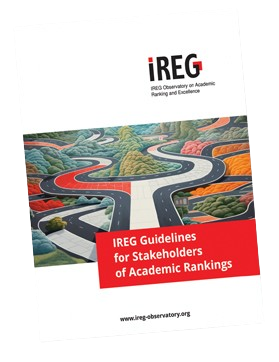
IREG INVENTORY ON NATIONAL RANKINGS

COMPETITION FOR BEST PHD THESES ON ACADEMIC RANKINGS
IREG Observatory on Academic Ranking and Excellence competition to recognize an outstanding PhD conducted in the area of academic ranking.
 INITIATIVES
INITIATIVESIREG CONFERENCES
NEWS FROM IREG MEMBERS
-
EngiRank 2024 – Ranking of Engineering Universities in Europe

Brussels, 29 October 2024. Technical University of Denmark on the top spot followed by Delft...
-
Prof. Marek Pawelczyk – Personality of European Universities

In a contest to select the most inspiring and active Polish universities operating within...
-
Polish universities are aiming high!

A short video Polish Universities – Aiming High, produced by the Perspektywy Education Foundation, tells about...
-
Bejing University of Technology

Bejing University of Technology published a Report on its activities in the period 2016 – 2020. You may...
-
Poland’s institutions top new European Ranking of Engineering Programes (EngiRank)

Warsaw University of Technology and AGH University of Science and Technology in Krakow secured the...
-
Invitation for female students and PhD candidates in IT

Join the biggest event for women in technology and IT in Europe. The online Perspektywy Women in...
